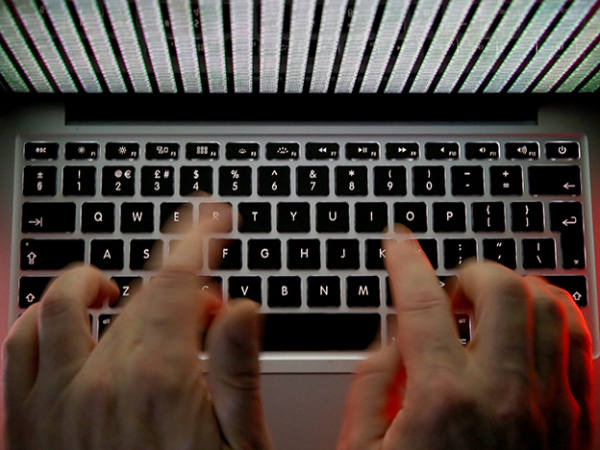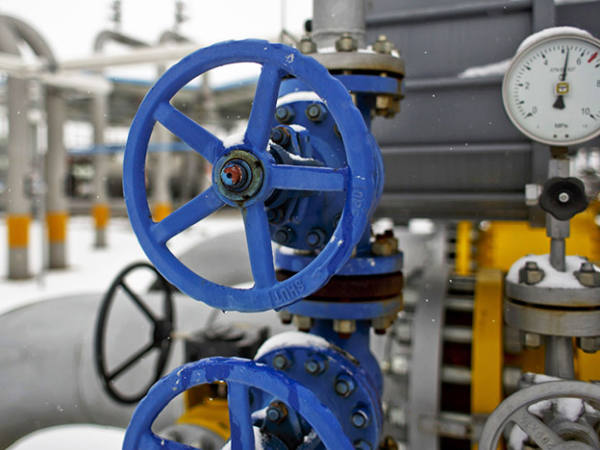But you wouldn't guess this from the stock market, which is unusually quiet. The Vix index, a measure of volatility on S&P 500 options, is now under 11 per cent - well below its long-term average.
This poses the question: why is political uncertainty not causing stock market volatility?
You might think it's because stock markets are short-termist: traders care about the next micro-second, not events in several months' time.
Maybe. But there are two other reasons.
To see one, imagine you become pessimistic about a stock and decide to sell it. If you can't find a buyer because others share your pessimism, its price will have to fall a long way to induce somebody to buy. Prices will then be volatile. But if others disagree with you, they'll be quick to buy your stock and so prices won't change and volatility will be low.
Low volatility therefore can be a sign that investors disagree. One reason why they'll do so is precisely that there is uncertainty; it's such uncertainty that causes differences of opinion.
Uncertainty comes in different forms. One is when everybody agrees that the outlook is risky. In this case, volatility will be high as everybody tries to sell. This is what happened in 2008. The other type of uncertainty is when investors don't know what the outlook is and so disagree. In this case, we'll have low volatility.
And there are good reasons why investors should disagree. It's because uncertainty about policy doesn't necessarily spell disaster for economic growth. Developed economies are resilient to policy mistakes.
One reason for this is that we have built-in stabilisers. If Trump's protectionism or a hard Brexit look like depressing growth, exchange rates and interest rates will fall to cushion the damage. To the extent that investors disagree about the effectiveness of such stabilisers (or indeed the need for them), we'll have low equity volatility even in the face of disquiet about policy.
What's more, purchasing managers are telling us that the global economy is strengthening. Uncertainty about policy is thus mitigated by hopes that economies have more momentum than we feared. Again, investors disagree about the weight to place upon this momentum versus the danger of bad policy, and so we see stock market stability.
In fact, history tells us that policy uncertainty and stock market volatility are different things. Although the two were closely correlated between around 2004 and 2012, they weren't so tightly linked before or after then. In the late 90s, for example, we had low policy uncertainty but high equity volatility. And, in 2013, we saw policy uncertainty fall without any impact upon stock market volatility.
None of this is to say that volatility will stay low. We know that it doesn't. It just means that the co-existence of high political uncertainty and low stock market volatility is not as paradoxical as it might seem.











